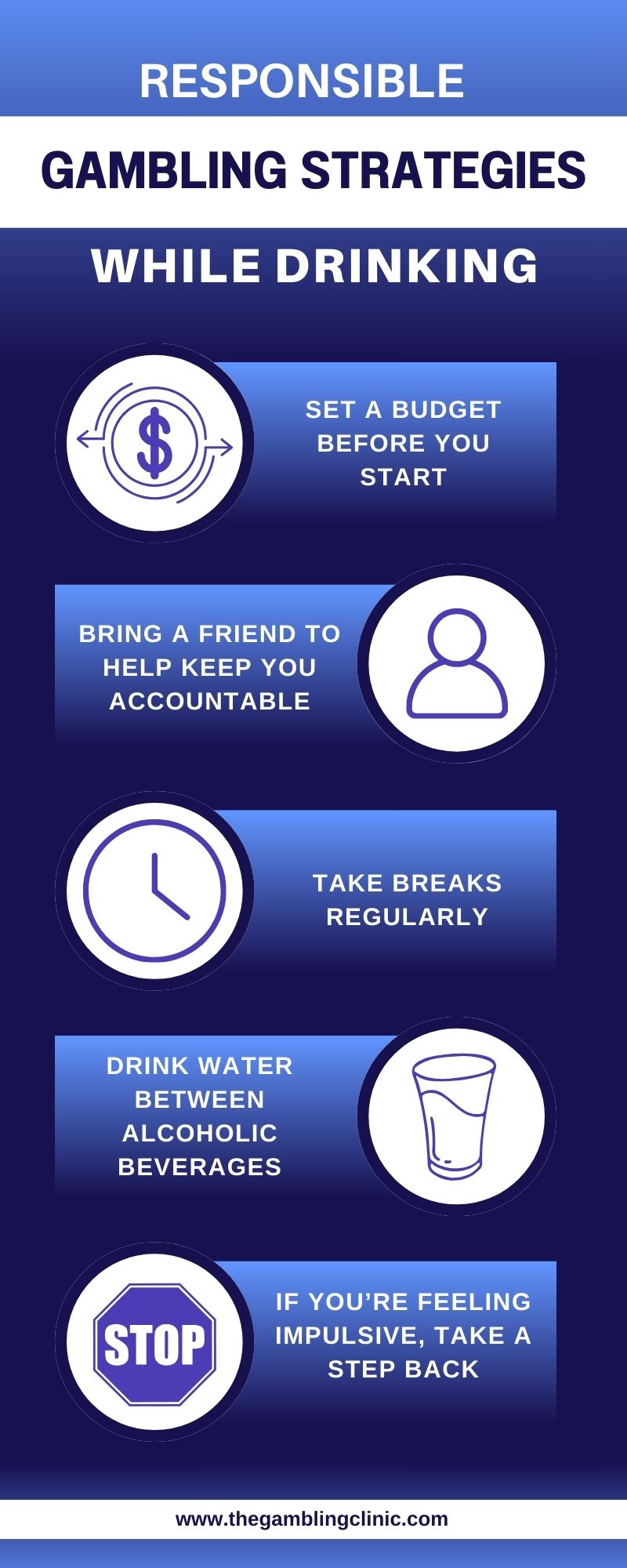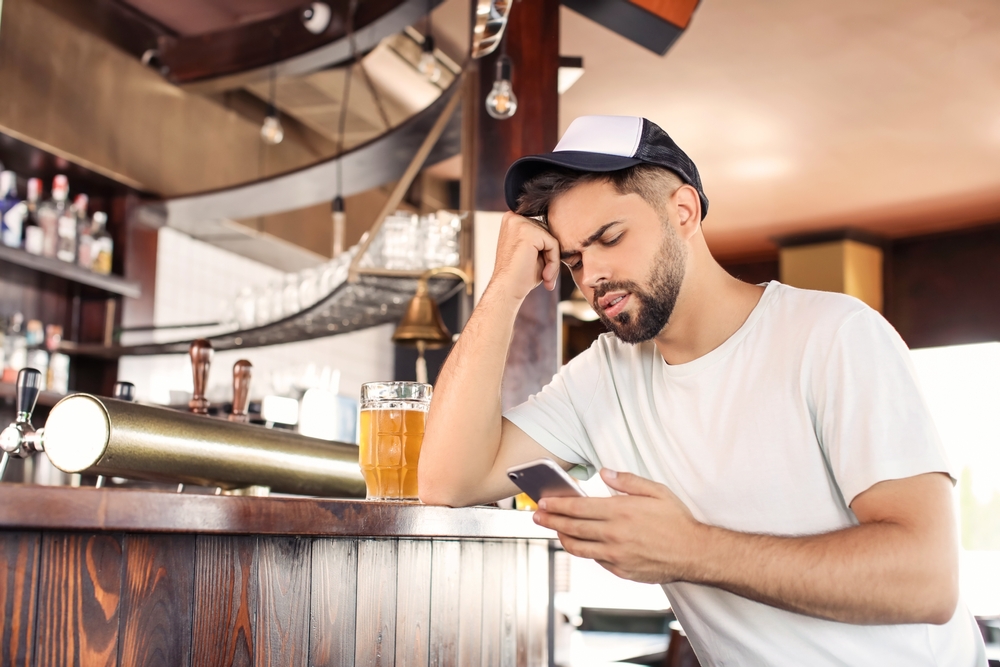Casinos and gambling establishments often offer alcohol to patrons—sometimes even for free. The combination of drinking and gambling has long been a subject of debate, with concerns that alcohol may lower inhibitions, leading to riskier bets and greater financial losses. But is this assumption backed by science? A research review by Horn, Whelan, and Weil (2022) analyzed multiple studies to explore the connection between alcohol and gambling. Their findings challenge common beliefs about how alcohol affects gambling decisions.
How Alcohol and Gambling Are Connected
Studies show that people who drink regularly are more likely to gamble than those who don’t. Additionally, individuals at risk for gambling addiction often drink while gambling. One report found that 41% of people with a high risk for gambling problems frequently drank while placing bets (Horn et al., 2022). This suggests a strong connection between alcohol use and gambling behaviors.
There are several possible explanations for this link. Some people may use alcohol as a way to enhance the excitement of gambling or to cope with the stress of financial losses. Others might drink socially in casinos or betting environments where alcohol is readily available. For those already struggling with gambling problems, drinking may lower their ability to set limits, making it harder to walk away when losses pile up.
However, while the overlap between drinking and gambling is clear, it doesn’t necessarily mean that alcohol directly causes people to take bigger risks. Understanding whether alcohol itself leads to riskier gambling requires a closer look at scientific research.
What the Research Says About Alcohol and Risky Gambling
To better understand alcohol’s role in gambling, Horn et al. (2022) analyzed data from 20 studies comparing people who drank before gambling with those who didn’t. These studies involved controlled experiments where participants consumed alcohol before engaging in gambling-related tasks. Their betting behaviors were then compared to those who drank non-alcoholic beverages. Surprisingly, the review found no strong evidence that alcohol directly led to riskier bets. Participants who consumed alcohol did not consistently make more reckless gambling decisions than those who remained sober. This suggests that drinking does not automatically cause someone to make impulsive or high-risk gambling choices.
While the results challenge the assumption that alcohol always leads to riskier betting, the findings do not rule out its potential influence. Alcohol can still impair judgment, slow reaction times, and affect decision-making in ways that may contribute to financial losses, particularly for individuals already prone to impulsive gambling behaviors.
Does More Alcohol Mean More Gambling Risk?
You might think that the more alcohol someone drinks, the riskier their gambling becomes. However, the study found no clear link between alcohol levels and reckless betting. People who had moderate amounts of alcohol didn’t show consistent patterns of riskier gambling compared to those who drank less (Horn et al., 2022). This challenges the idea that intoxication always leads to bad gambling decisions.
One reason for this could be that alcohol affects people differently. Some individuals become more impulsive and reckless, while others may become more cautious or disengaged. Another factor could be the gambling environment itself. Participants know they are being observed in a controlled research setting, which might limit extreme risk-taking behaviors. In contrast, a real-world casino filled with flashing lights, social influences, and high-stakes emotions could lead to different outcomes.
Even though the research doesn’t show a direct relationship between alcohol levels and gambling risk, this doesn’t mean drinking while gambling is harmless. Alcohol still slows reaction times, impairs decision-making, and lowers self-control—all of which can contribute to poor financial decisions over time.
The Expectancy Effect: Believing You’re Drunk vs. Actually Being Drunk
One of the most interesting findings in the review was about the “expectancy effect”—the idea that what people believe about alcohol’s effects can change their behavior. The studies showed that when participants drank a non-alcoholic beverage, those who actually drank alcohol took more risks. However, when the control group received a placebo beverage (which mimicked alcohol but contained none), there was no difference in gambling behavior between the two groups. This suggests that simply believing you’re intoxicated can influence gambling decisions, even if you haven’t had much to drink (Horn et al., 2022).
This effect likely occurs because people associate alcohol with a sense of lowered inhibitions and increased confidence. If someone thinks they are drunk, they may act as if they are, even if their body isn’t physically affected by alcohol. This can lead to riskier choices not just in gambling but in other behaviors as well. The expectancy effect also explains why some people feel more social or daring after drinking, even when they have only had a small amount or none at all. In gambling settings, this means that a person’s belief about their level of intoxication could influence how they bet, even if their actual alcohol consumption is low.
Do These Findings Apply to Casinos?
Most studies in the review were conducted in lab settings, where participants drank controlled amounts of alcohol and then played simulated gambling games. These conditions don’t fully reflect real-life casinos, where alcohol is freely available, and outside influences like peer pressure and a lively atmosphere may play a role. Unlike lab studies, casinos are designed to encourage gambling through bright lights, exciting sounds, and an energetic crowd, all of which can heighten emotions and lead to different behaviors than those seen in controlled environments.
Additionally, alcohol in casinos is often served in a way that encourages continued drinking, such as free drinks for players or promotions tied to gambling activity. The combination of alcohol, social pressure, and an engaging environment might create a perfect storm for riskier decisions. While research suggests that alcohol alone doesn’t necessarily increase reckless gambling, real-world settings introduce many other factors that could amplify risky behavior. More research is needed to determine how these elements interact with alcohol’s effects on decision-making in a casino environment.
What This Means for Gamblers
The key takeaway is that alcohol itself may not always cause riskier gambling, but the belief that you are intoxicated can still affect decisions. Plus, alcohol weakens judgment in general, which could lead to poor choices while gambling, especially for people already struggling with gambling addiction.
For gamblers, this means it’s important to recognize that even if alcohol doesn’t directly make them place riskier bets, it can still influence their decision-making process. Those who gamble while drinking should be mindful of how alcohol affects their personal self-control, awareness, and ability to walk away from losses. Setting limits before gambling, drinking in moderation, and taking breaks can help minimize the risk of impulsive decisions driven by alcohol’s effects.

Strategies for Responsible Gambling While Drinking
For those who enjoy having a drink while gambling, being mindful of how alcohol affects decision-making can help prevent financial losses. Here are some practical strategies to stay in control:
- Set a Budget Before You Start – Decide how much money you’re willing to spend before gambling, and stick to it. Many casinos offer tools like preloaded gaming cards or betting limits to help players manage their spending.
- Use the Buddy System – Gambling with a friend who can help keep an eye on your betting habits can prevent impulsive decisions, especially when alcohol is involved.
- Take Regular Breaks – Stepping away from the gaming floor allows time for reflection and helps avoid getting caught up in the moment. Setting an alarm or stepping outside for fresh air can provide needed perspective.
- Alternate Drinks – Drinking water or non-alcoholic beverages between alcoholic drinks can slow intoxication and keep judgment clearer.
- Know When to Walk Away – Having a clear stopping point—whether it’s a time limit, a set amount of winnings, or reaching a budgeted loss—can prevent excessive gambling.
Being proactive about responsible gambling can help balance enjoyment with financial and emotional well-being.
How to Recognize a Gambling Problem
Even if alcohol doesn’t directly cause riskier gambling, it can make it harder to recognize when betting has become problematic. Gambling should be an enjoyable activity, but when it starts interfering with daily life, finances, or relationships, it may be time to take a step back. Here are some key warning signs that gambling may be getting out of control:
Chasing Losses
One of the most common red flags is the urge to keep gambling in an attempt to win back lost money. This mindset, often called “chasing losses,” can lead to even deeper financial distress, as losses tend to accumulate rather than reverse. The more a person gambles to recoup their money, the more they may feel trapped in a cycle of loss and desperation.
Gambling More Than Planned
Losing track of time or consistently exceeding a pre-set budget are major indicators that gambling may be turning into a problem. What starts as a few casual bets can spiral into extended sessions and unexpected expenses, leading to regret once the reality of the losses sets in. If gambling frequently lasts longer than intended or results in spending more than what was planned, it may be time to reassess one’s habits.
Lying About Gambling Habits
Hiding gambling activity from friends, family, or partners—whether by downplaying the amount of money spent or lying about time spent at casinos or online betting sites—can be a sign of guilt or denial. If gambling feels like something that needs to be kept secret, it may indicate deeper concerns about control and consequences.
Neglecting Responsibilities
When gambling takes priority over important responsibilities, such as work, family obligations, or personal well-being, it can have serious consequences. Missing deadlines, skipping social commitments, or feeling distracted by the urge to gamble are all signs that betting may be interfering with daily life. Over time, these patterns can lead to strained relationships, job instability, and increased stress.
Borrowing Money to Gamble
Using credit cards, taking out loans, or borrowing money from friends and family to continue gambling is a serious warning sign. This can lead to mounting debt and strained relationships, especially if borrowed money cannot be repaid. Financial hardship caused by gambling often leads to a cycle of increasing bets in the hopes of a big win, which rarely solves the problem.
Getting Help for Gambling Problems in Tennessee
Even if alcohol doesn’t directly increase risky gambling, it can still cloud judgment and lead to financial loss. That’s why responsible gambling is always important.
If gambling is becoming a problem, professional help is available. The Gambling Clinic offers therapy for gambling addiction with in-person locations in Nashville, Memphis, and Johnson City, as well as telehealth options for anyone in Tennessee. Seeking expert guidance can be a crucial step toward regaining control, making healthier decisions, and protecting financial and emotional well-being.







